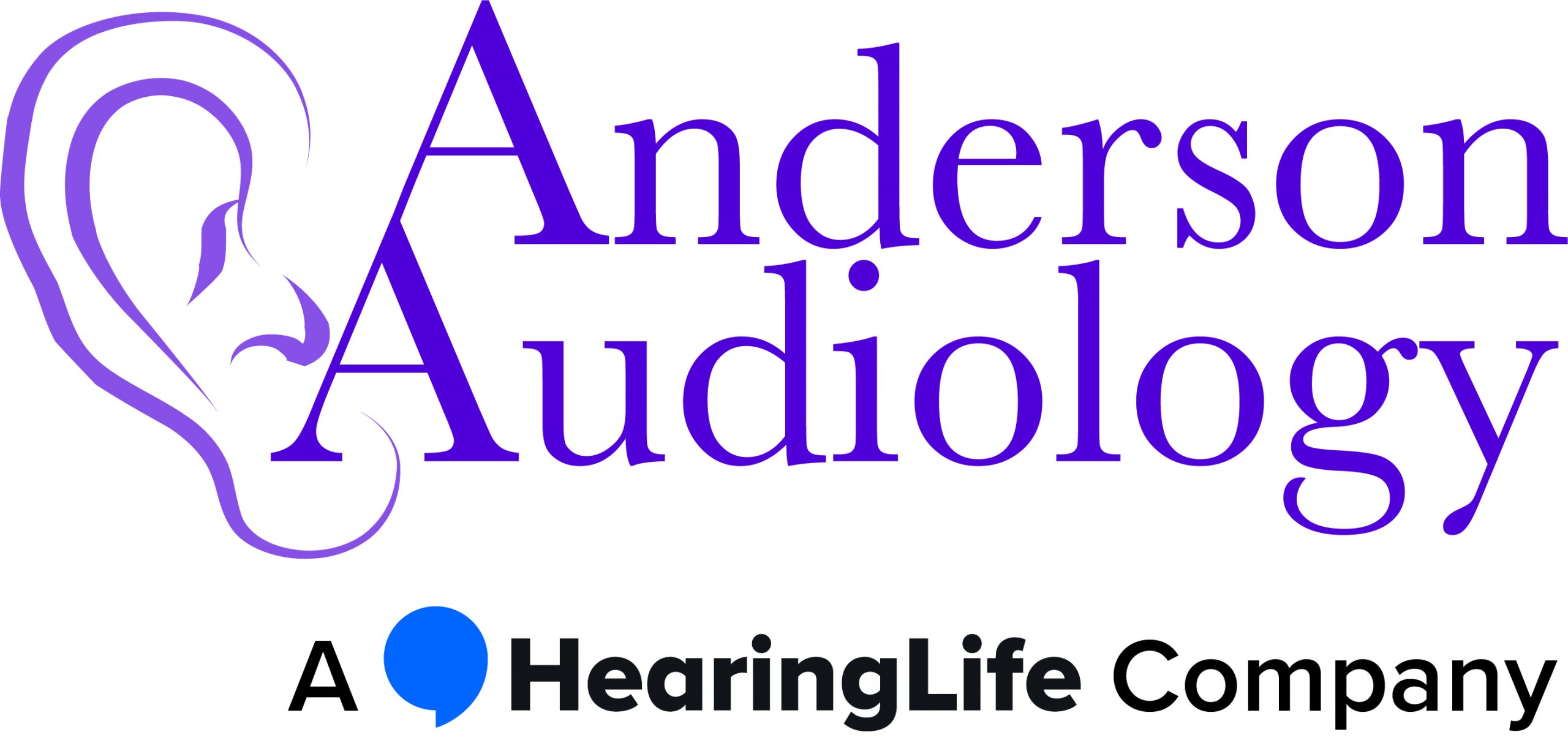Cogan’s syndrome is a rare rheumatic disease. An autoimmune disease, Cogan’s syndrome is characterized by an inflammation of the eyes and inner ears. It can cause dizziness, vision difficulties and hearing loss.
Cogan’s syndrome has also been associated with inflammation of the blood vessels. This condition, known as vasculitis, can result in significant damage to the organs. In some cases, it can be fatal.
Causes of Cogan’s Syndrome
We currently do not have a good understanding of the causes of Cogan’s syndrome. One theory is “that it is an autoimmune disorder in which the body’s immune system mistakenly attacks tissue in the eye and ear.” (Source)
Cogan’s syndrome most commonly occurs in young adults – those in their 20’s and 30’s. It can affect both males and females. It is not believed to be caused by a mutation (changes) to a specific gene. This means that it is unlikely to be hereditary.
Symptoms of Cogan’s Syndrome
Harvard Medical School outlines the most common symptoms of Cogan’s syndrome as including:
- Red, painful, light-sensitive eyes or blurred vision
- Hearing loss, which may become profound and permanent
- Vertigo (a sensation of the room spinning; may be called dizziness)
- Poor balance
- Nausea, vomiting
- Fever, fatigue, weight loss
In rare circumstances, Cogan’s syndrome can cause chest pain, rash, enlarged lymph nodes, shortness of breath and arm pain.
Treatment of Cogan’s Syndrome
To make a diagnosis of Cogan’s syndrome, your doctor will typically be looking for problems “associated with this disease in the eye and inner ear.” (Source) Diagnosis may remain undetermined if both the inner ear and eye are affected.
Treatment for Cogan’s syndrome will depend on the severity of the disease. Some treatment options include:
- Anti-inflammatory medication
- Corticosteroids
- Immunosuppressive drugs
- Diuretic medications
- Antihistamines
For those with a hearing loss that does not improve with medical treatment, a cochlear implant may be recommended.
For further detail on the treatment options for Cogan’s syndrome, click here.
If you are experiencing significant auditory or vision problems, or balance problems, we recommend contacting your primary healthcare practitioner.
If you’d like to discuss this further, or to book a hearing assessment, please contact our hearing healthcare specialists. The team at Anderson Audiology would be happy to check your hearing. Call us on 702-997-2964 or click here to request an appointment online.

